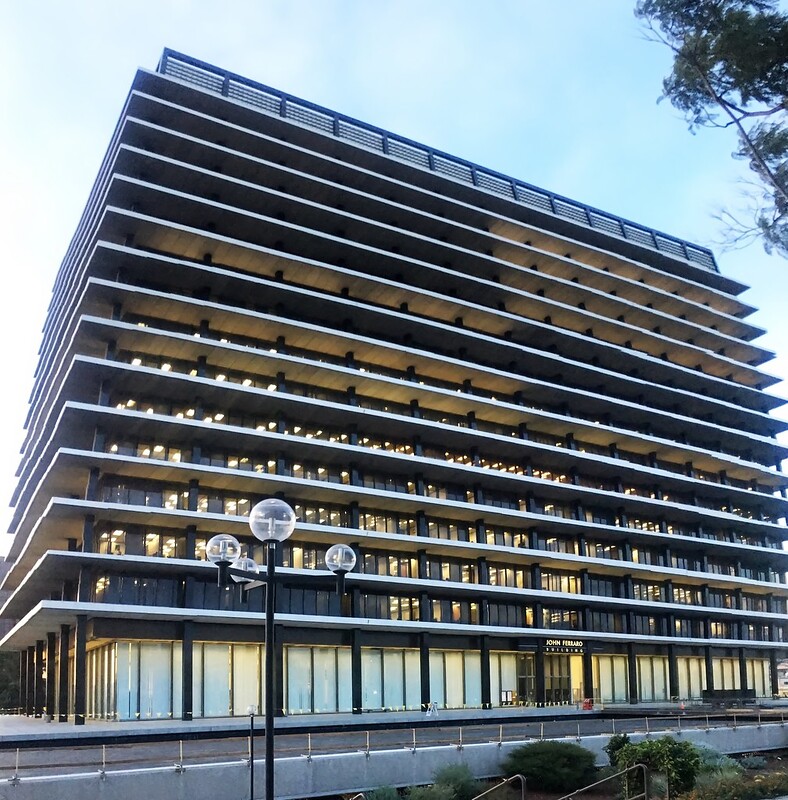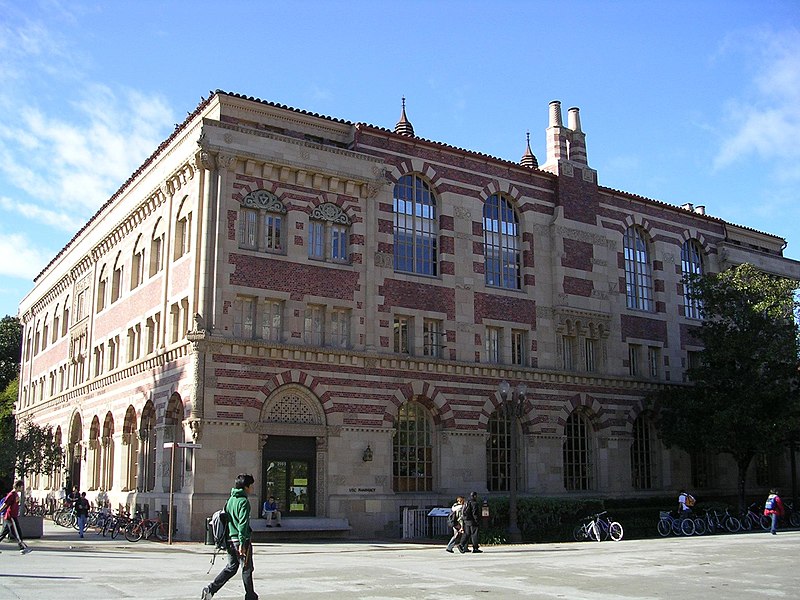A former senior official at the Los Angeles City Attorney’s Office has agreed to plead guilty to a federal extortion charge and is cooperating in the ongoing probe of the city’s handling of the botched launch of a DWP billing system, prosecutors announced Monday.
Thomas H. Peters, 55, of Pacific Palisades, threatened to fire a plaintiffs’ attorney from a lucrative special counsel job with the city unless the lawyer paid an $800,000 extortion demand from a former employee who was threatening to expose the city’s collusive litigation over its faulty billing system, according to the U.S. Attorney’s Office.
It is the fourth plea agreement prosecutors have obtained in the investigation involving the Los Angeles Department of Water and Power and the City Attorney’s Office.
In addition to Peters and Paradis, prosecutors have obtained plea agreements from David H. Wright, 62, of Riverside, DWP’s former general manager, and David F. Alexander, 54, of Arcadia, a former senior cyber official at the utility, stemming from corruption at the department.
The charge stems from the period in 2014 when DWP faced multiple class-action lawsuits over the flawed rollout of a new billing system and the city was shoring up its response.
Peters was chief of the litigation branch of the City Attorney’s Office, which had hired Paul O. Paradis, 58, a New York-based lawyer, and Paul R. Kiesel, a Beverly Hills plaintiffs’ attorney, as special counsel to represent the city in an anticipated suit against the vendor blamed for the billing debacle.
The city’s lawsuit, filed in March 2015, alleged that the vendor had caused hundreds of millions of dollars in damages. The city agreed to pay Paradis and Kiesel nearly 20% of any recovery in the litigation — meaning the two lawyers stood to gain tens of millions of dollars, prosecutors said.
At the time, Paradis simultaneously was representing Antwon Jones, a DWP ratepayer suing the city and the department for billing overcharges. By January 2015, the City Attorney’s Office became aware that Paradis was simultaneously representing both the city and Jones.
In April 2015, an Ohio attorney whom Paradis had enlisted to purportedly represent Jones filed a Paradis-drafted lawsuit against the city and DWP. Paradis secretly agreed to accept — and eventually did accept — an illegal kickback of nearly $2.2 million for steering the lawsuit to the Ohio attorney. Paradis has agreed to plead guilty to a bribery charge.
By the spring of 2015, Peters was informed by a senior City Attorney’s Office official that Jones v. City was a friendly lawsuit intended as a vehicle for the city to settle globally and on its desired terms all claims related to the billing launch, that Paradis had referred the case to the Ohio attorney for that purpose, and that the senior City Attorney official had directed and authorized this strategy before the complaint was filed.
Despite objections from the city’s counsel that a proposed $13 million attorney fee award was unjustifiably high, the city agreed to the fee proposal, according to federal prosecutors.
In July 2017, a Los Angeles Superior Court judge issued a final approval of the $67 million settlement agreed to by the parties in Jones v. City, including $19 million in plaintiffs’ attorney fees.
According to his plea agreement, on Nov. 16, 2017, Peters learned from Paradis that a former long-time employee of Kiesel’s had taken documents from the firm that would reveal the city’s secret agreement with the Ohio attorney in the Jones v. City lawsuit. The unidentified person threatened to reveal the documents if Kiesel did not pay her more than $1 million — later dropped to $800,000 — to return them.
During a meeting with Kiesel, Paradis and Paradis’ law partner to discuss the threats, Peters ordered Kiesel to pay the monetary demands, or potentially be fired as the city’s special counsel in the vendor litigation.
Peters did not have the direct authority to fire Kiesel, prosecutors said.
The following month, in December 2017, Peters met with other senior members of the City Attorney’s Office and updated them on the status of the threats. Prosecutors said Peters was told to take care of the situation, and he agreed to do so.
Eventually, a friend of Kiesel — acting at the attorney’s direction — approached the unidentified woman and asked to reinitiate negotiations of her monetary demands. At dinner shortly afterward, Kiesel agreed to pay $800,000 to the woman to prevent her from releasing the documents, according to the U.S. Attorney’s Office.
In May 2019, after Peters had resigned from the City Attorney’s Office, he received an inquiry from the office asking what he recalled about the 2017 payment to the woman. Knowing that the office was probing whether Peters would, if asked by someone outside the city, reveal the extortion or the underlying collusion, Peters falsely replied that the matter had only involved an employment dispute.
According to his plea agreement, Peters made it known that he would continue to conceal the extortion and collusion by intentionally omitting from his reply that the “settlement” had involved Kiesel paying $800,000 in extortion money to conceal the city’s collusion, that Peters had directed Kiesel to satisfy the woman’s demands or be fired as special counsel, and that Peters had discussed the situation with and received direction from senior members of the City Attorney’s Office.







